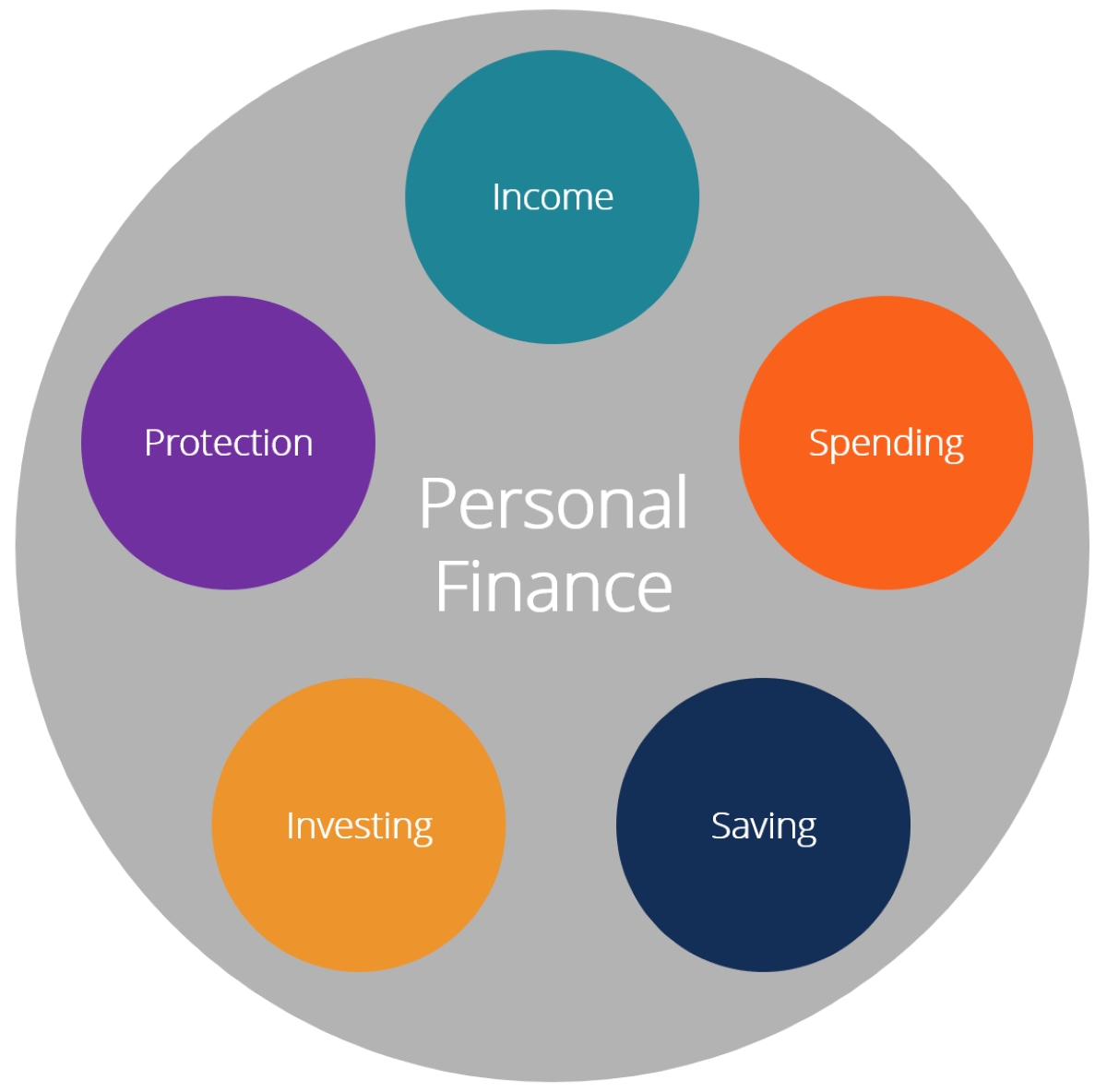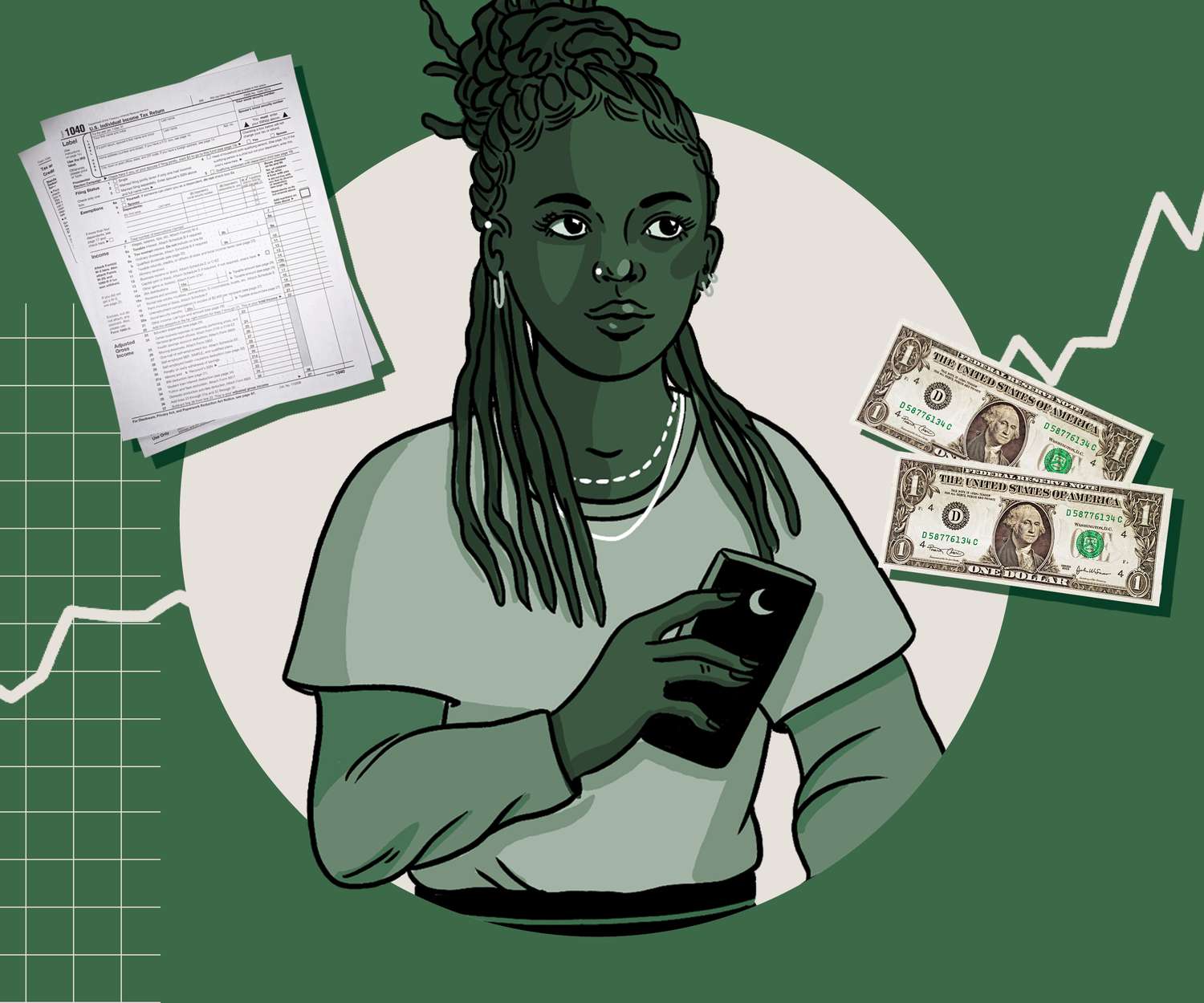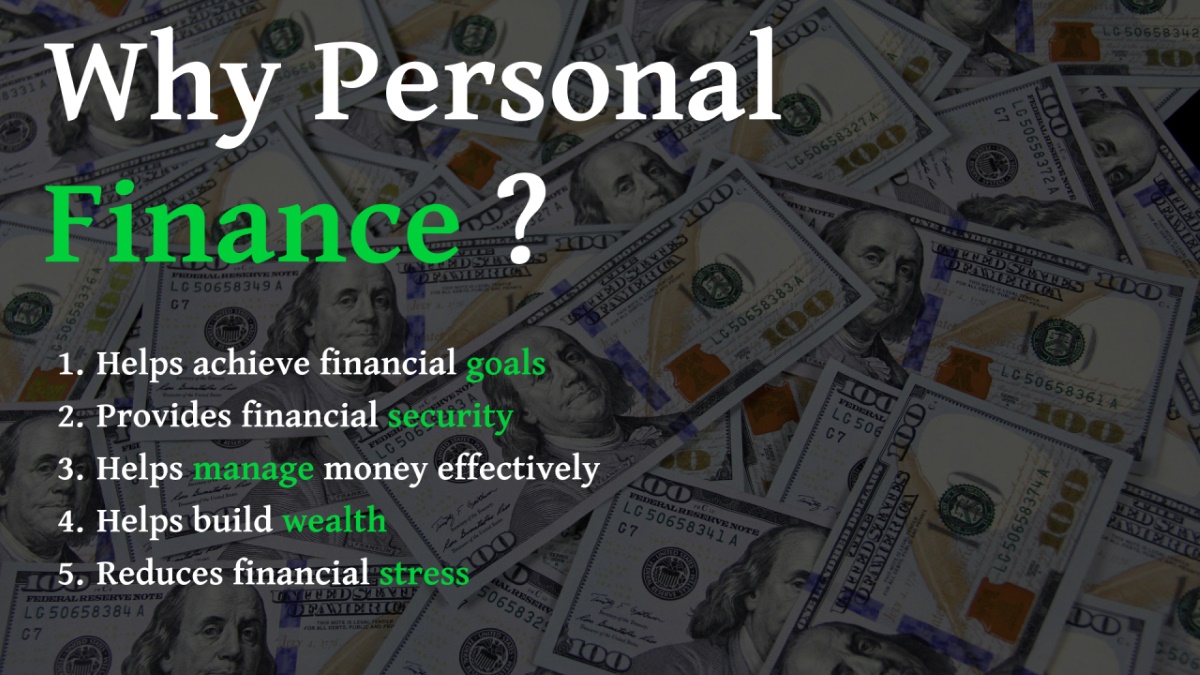Home>Finance>What Is The First Foundation Of Personal Finance?


Finance
What Is The First Foundation Of Personal Finance?
Published: January 22, 2024
Learn about the first foundation of personal finance and how it can impact your financial well-being. Discover essential principles to manage your finances effectively.
(Many of the links in this article redirect to a specific reviewed product. Your purchase of these products through affiliate links helps to generate commission for LiveWell, at no extra cost. Learn more)
Table of Contents
Introduction
Personal finance is a crucial aspect of life that directly impacts our present and future well-being. It encompasses various elements such as budgeting, saving, investing, and managing debt. However, before delving into the intricate details of these components, it's essential to understand the foundational principles that form the bedrock of personal finance.
At the core of personal finance lie the principles outlined by the renowned author and financial expert, Dave Ramsey. He introduced the concept of the "Seven Baby Steps," which serve as a roadmap for individuals striving to attain financial stability and independence. The first of these steps, often referred to as the First Foundation, is a cornerstone that sets the stage for a solid financial future.
Understanding and implementing the First Foundation is instrumental in establishing a strong financial foothold. It not only paves the way for achieving financial goals but also provides a sense of security and peace of mind. In this article, we will explore the significance of the First Foundation and how it serves as the building block for a sound financial strategy. Additionally, we will delve into the practical aspects of incorporating the First Foundation into our personal finance endeavors, equipping readers with actionable insights to fortify their financial standing.
Understanding the First Foundation
The First Foundation of personal finance, as delineated by Dave Ramsey, revolves around the concept of establishing a $1,000 beginner emergency fund. This initial step is designed to serve as a safety net, providing a cushion against unexpected financial setbacks. It acts as a shield, safeguarding individuals from being derailed by unforeseen expenses such as car repairs, medical emergencies, or home maintenance issues.
By prioritizing the creation of an emergency fund, individuals lay the groundwork for financial resilience. This fund serves as a crucial buffer, mitigating the need to rely on high-interest credit cards or loans to address sudden financial exigencies. It empowers individuals to navigate through challenging times without succumbing to the burden of debt, thereby fostering a sense of financial empowerment and stability.
Furthermore, the emphasis on a modest yet accessible sum of $1,000 underscores the practical and attainable nature of this initial milestone. It is a realistic target that can be achieved through diligent budgeting and prudent financial management. This attainability instills a sense of accomplishment and motivates individuals to embark on their financial journey with confidence.
Understanding the First Foundation entails recognizing the pivotal role of an emergency fund in fortifying one’s financial foundation. It signifies a proactive approach to financial planning, wherein individuals are encouraged to prepare for the unexpected, thereby minimizing the impact of unforeseen expenses on their overall financial health. This foundational principle sets the stage for subsequent steps in the journey toward financial freedom, laying a solid groundwork upon which to build a secure and sustainable financial future.
Importance of the First Foundation
The First Foundation holds profound significance in the realm of personal finance, serving as the bedrock upon which a sturdy financial framework is constructed. Its importance resonates deeply in its ability to instill a sense of financial security and resilience, thereby empowering individuals to navigate through life’s uncertainties with confidence.
One of the paramount reasons underlying the importance of the First Foundation is its role in mitigating the impact of unforeseen financial emergencies. Life is replete with unexpected challenges, ranging from medical crises to car repairs, and having a designated emergency fund of $1,000 acts as a vital safety net. This fund shields individuals from resorting to high-interest debt instruments, preserving their financial well-being and shielding them from the perils of accumulating debt to address immediate financial needs.
Moreover, the First Foundation fosters a mindset of prudence and preparedness. It cultivates a proactive approach to financial management, urging individuals to anticipate and brace for unforeseen expenses. This preparedness not only averts financial crises but also imbues individuals with a sense of empowerment, knowing that they are equipped to handle unexpected challenges without succumbing to financial strain.
Furthermore, the psychological impact of the First Foundation cannot be understated. Knowing that a financial safety net is in place engenders a sense of peace and tranquility, alleviating the anxiety and stress often associated with financial uncertainty. It provides individuals with the mental and emotional bandwidth to focus on their long-term financial goals, fostering a sense of confidence and stability.
In essence, the First Foundation is pivotal in laying the groundwork for a holistic and sustainable approach to personal finance. It sets the stage for subsequent financial milestones, such as debt repayment and wealth building, by fortifying individuals with a solid financial footing. By prioritizing the creation of an emergency fund, individuals embark on a journey toward financial freedom and security, underlining the indispensable role of the First Foundation in the realm of personal finance.
Implementing the First Foundation in Personal Finance
Implementing the First Foundation in personal finance necessitates a deliberate and focused approach toward establishing an emergency fund. This pivotal step lays the groundwork for a resilient financial future and serves as a cornerstone for sound financial management. To effectively implement the First Foundation, individuals can undertake the following actionable measures:
- Set Clear Goals: Begin by setting a specific target for the emergency fund. Whether it’s $1,000 or a slightly higher amount, having a tangible goal provides a sense of direction and purpose, motivating individuals to work diligently toward achieving it.
- Create a Budget: Crafting a comprehensive budget is instrumental in identifying areas where expenses can be trimmed to allocate funds toward building the emergency fund. By meticulously tracking income and expenses, individuals can identify surplus income that can be channeled into the emergency fund.
- Automate Savings: Consider automating regular contributions to the emergency fund. Setting up automatic transfers from a checking account to a designated savings account ensures consistent and disciplined savings, minimizing the temptation to spend the allocated funds elsewhere.
- Minimize Discretionary Spending: Temporarily curtail non-essential expenses to expedite the accumulation of the emergency fund. By exercising prudence in discretionary spending, individuals can expedite the process of reaching the targeted amount for their emergency fund.
- Explore Additional Income Streams: Supplementing existing income through part-time work, freelancing, or selling unused items can inject additional funds into the emergency fund, accelerating its growth and bolstering financial resilience.
By methodically implementing these strategies, individuals can fortify their financial foundation by establishing an emergency fund in adherence to the First Foundation. This proactive approach not only shields them from the impact of unforeseen financial exigencies but also instills a sense of financial empowerment and preparedness, setting the stage for subsequent steps in their journey toward financial freedom and security.














